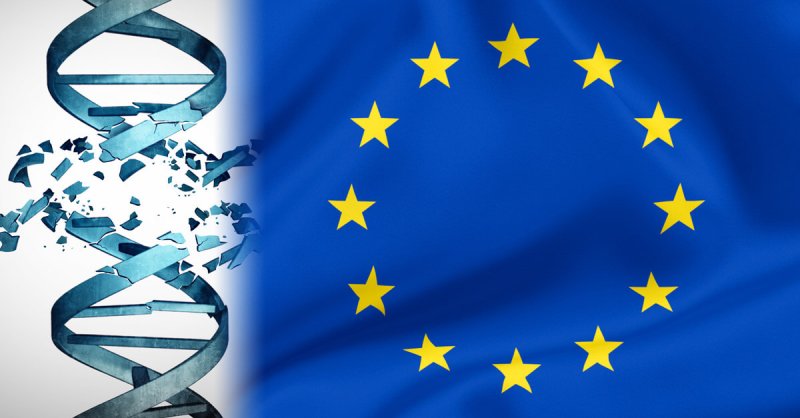In an article published [recently] in Nature, the chairmen of an international association of experts called the Scientific Group warn: “…The world’s food system needs a reorganization: Politically, institutionally, socially, economically and technologically.”
The last word in particular hides a dilemma for large parts of the German political landscape. Because [it] is already very clear in the article: Only with small organic farms and organic farming you will not solve the food problem of mankind.
The recommendations are about avoiding food waste, supplementing social programs with healthier nutrition, renewable energies in agriculture and the food industry, sustainable packaging and the digitization of agricultural economics. But also about irritating topics such as “nanomaterials or edible coatings that keep food fresher longer”. And it also says: “Genetic engineering and biotechnology should be used to increase the productivity, quality and resistance of crops to pests and droughts.”
Using the gene scissors CRISPR to make a targeted cut at a point that is promising in terms of useful mutations – this is currently prohibited in Europe. That is as irrational as it is absurd. [It is proof of] success of decades of fear campaigns against “genetically modified” food.
[Editor’s note: This article was originally published in German and has been translated and edited for clarity.]































